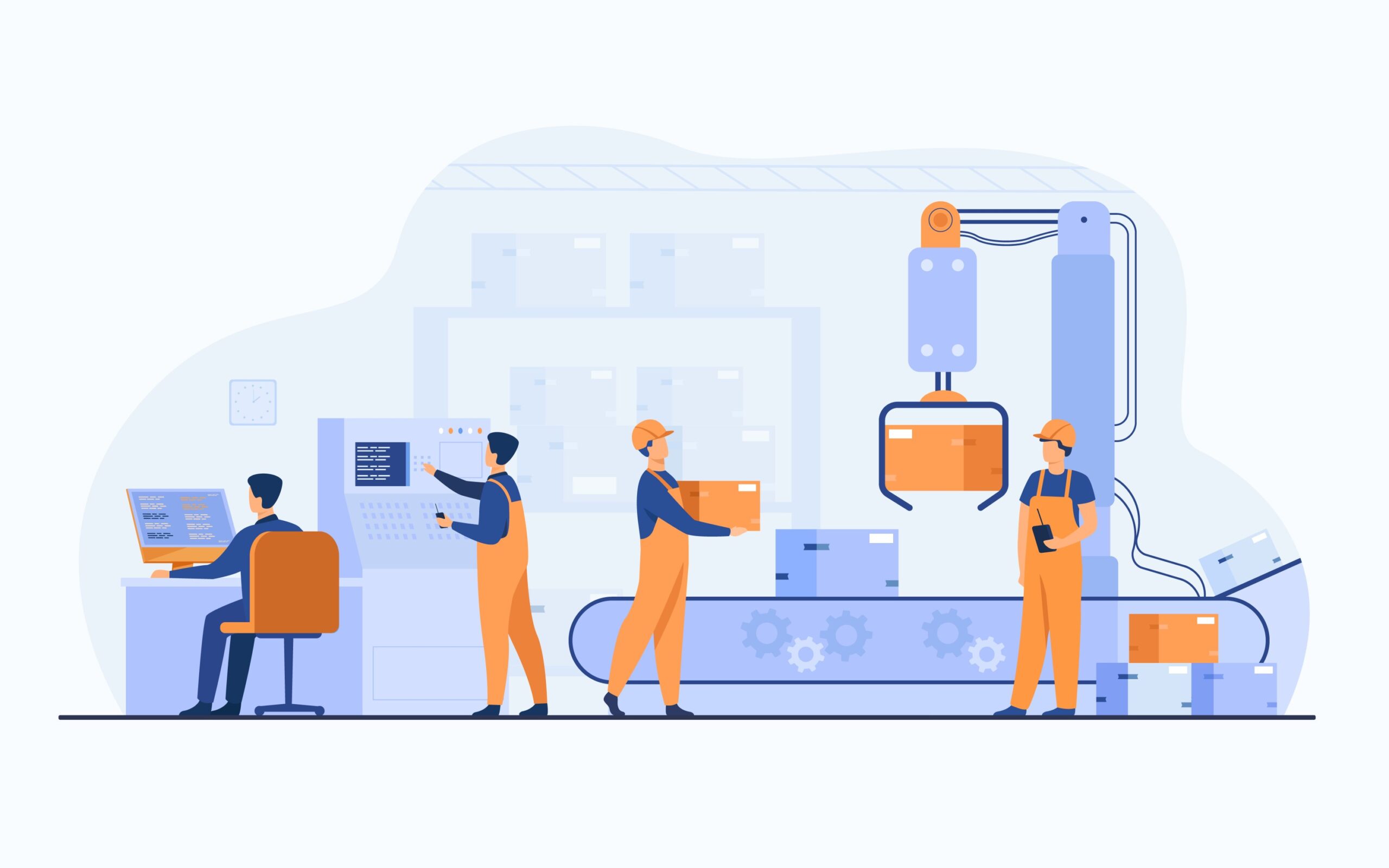What Is Smart Factory?
The Smart Factory is a term that reflects the ultimate goal of manufacturing digitization.
A Smart Factory, in the most common sense, is a highly digitized shop floor that collects and shares data continuously through linked devices, sensors, and production systems.
Self-optimizing devices or the whole enterprise can then use the data to proactively fix problems, strengthen production processes, and respond to new challenges.
Smart factories can track the entire production process, from industrial manufacturing and the supply chain to operators on the production line, by combining the physical and digital worlds.
Smart factories, when clearly understood, would employ fully-integrated, collaborative manufacturing systems to make operations more versatile, adaptable, and optimized.
Industry 4.0 In Smart Factory
Smart manufacturing–the most advanced implementation of technology emerging from the 4th industrial revolution known as Industry 4.0–is the manufacturing practice followed by smart factories.
A smart factory isn’t about installing a single piece of software around the entire manufacturing floor and getting instant results. The automation of smart manufacturing is aided by a mix of Industry 4.0 technologies.
The following are the most key technology platforms:
- Industrial IoT (IIoT)
IIoT refers to interconnected devices, technologies, and/or processes that are connected by data communication systems to simplify the exchange and the use of data between people and technologies.
Sensors on these instruments typically capture meaningful data points for monitoring and finding ways to enhance the manufacturing process on a cloud or off-line database. Operational efficiency, monitoring, and insights into actionable main metrics are all made possible by the IIoT.
- Big Data
Data accumulated over time will reveal how effective a production process is, which key metrics to pay attention to, and which mechanisms are underperforming.
Big Data’s enormity helps it to detect error patterns and conduct high-precision predictive quality assurance. The application and scheduling of big data analytics allow shop floors to improve optimally and efficiently by delivering the right information at the right time.
- Sensors
Sensors on devices and machines capture precise data points at specific stages of the production process, allowing for instant insight into different layers of the production floor.
The information will be used to self-correct using artificial intelligence (AI) or to notify appropriate team members for analysis.
- Cloud Computing
Cloud computing enables smart factories to collect, manage, and exchange data more efficiently and affordably than conventional on-premise solutions. The ability to easily upload vast volumes of data that can be refined to provide input and make real-time decisions benefits connected devices on the shop floor.
Benefits Of Smart Factory
By expanding the capacities of both manufacturing machines and people, smart factories increase performance and productivity. Smart factories can help decision-making processes with stronger proof by focusing on developing an agile, iterative development process through data collection.
Smart factories can lower costs, minimize downtime, and improve efficiency by continuously updating the manufacturing process. Identifying and reducing underutilized or misplaced production capacities may result in opportunities for growth without the need to invest in additional monetary or physical capital.
To know more about the process of smart factory and their application, visit Sterison.






